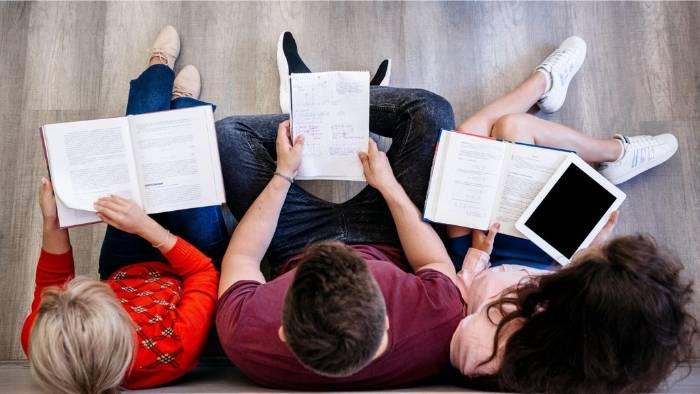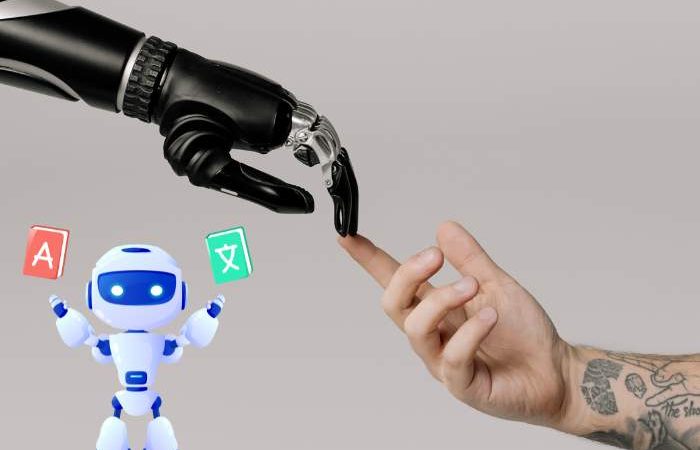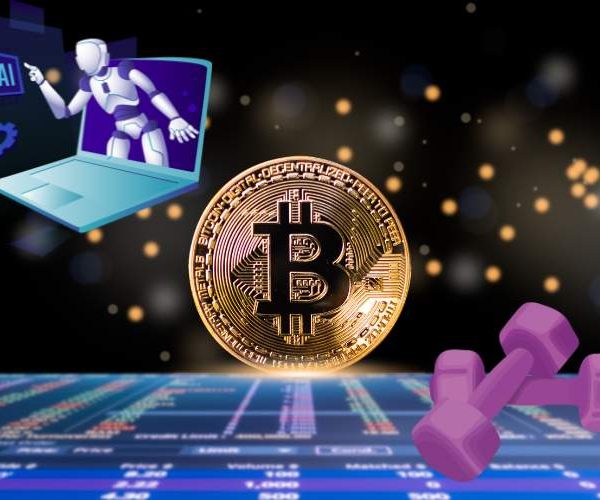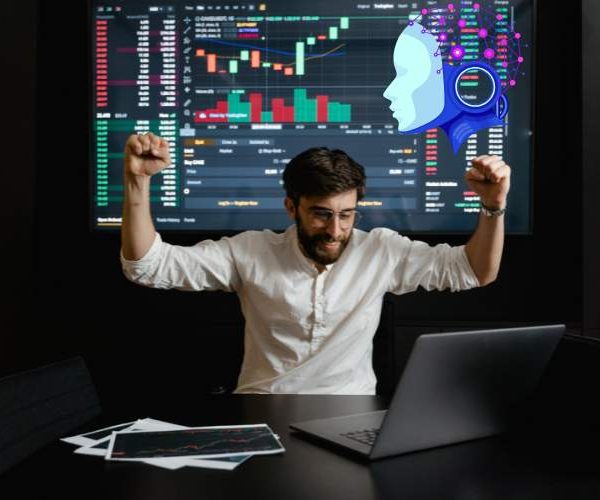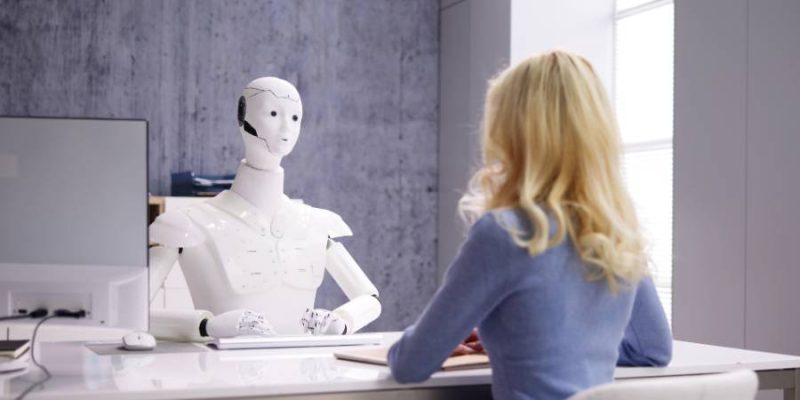
Are Robots Better at Hiring Than Humans?
In a world where technology seems to be taking over every aspect of our lives, the question arises: Are robots better at hiring than humans? Imagine a future where your next job interview isn’t conducted by a person but by a cold, calculating machine that decides your fate in mere minutes. Sounds like science fiction, right? Well, think again. This future is already here.
The Rise of AI-Powered Interview Systems
AI-powered interview systems are rapidly transforming the recruitment landscape. Companies are increasingly turning to these automated platforms to streamline hiring, reduce costs, and increase efficiency. These systems use algorithms to analyze candidates’ resumes, assess their video interviews, and even evaluate their tone of voice and facial expressions. Sounds efficient, doesn’t it? But is it fair?
Imagine this: You’re sitting in front of your computer, answering questions posed by an AI. You can’t charm the interviewer with a smile or win them over with your enthusiasm. The AI doesn’t care about your quirky sense of humor or your passion for the role. It’s focused on cold, hard data—your word choice, your eye movements, your micro-expressions. In just a few minutes, it determines whether you’re a good fit for the job. No pressure, right?
Are Robots Really Better at Selecting Candidates?
Proponents of AI in recruitment argue that these systems are better at selecting candidates because they eliminate human biases. After all, robots don’t have bad days, prejudices, or gut feelings. They don’t discriminate based on gender, age, or ethnicity—at least in theory.
Studies have shown that AI can be incredibly accurate in predicting job performance. Algorithms can analyze vast amounts of data, from your LinkedIn profile to your online behavior, and match you with the perfect job. They can identify patterns that humans might miss, making the hiring process more objective and data-driven. For example, if you have a history of taking online courses in a specific skill, the AI might rank you higher for a role that requires that skill, even if your resume doesn’t highlight it.
But here’s where things get tricky. While AI might be free from human biases, it’s not immune to bias altogether. In fact, AI systems can inherit biases from the data they’re trained on. If a company’s past hiring practices were biased—favoring a certain gender or race, for example—the AI might learn to replicate those biases. Scary, right?
The Potential Biases AI Might Introduce
The idea of unbiased robots making hiring decisions sounds appealing, but the reality is more complicated. AI systems are only as good as the data they’re fed. If that data reflects societal biases, the AI can perpetuate and even amplify those biases.
For instance, if a company historically hired more men for tech roles, the AI might favor male candidates, assuming they’re a better fit based on past data. This could lead to a vicious cycle where the AI continues to recommend male candidates, reinforcing the very biases it was supposed to eliminate. Suddenly, the AI isn’t the unbiased recruiter we imagined—it’s a digital echo of past prejudices.
And it doesn’t stop there. AI systems can also introduce new types of bias. Take, for example, a candidate who didn’t have access to high-quality education or didn’t grow up in a tech-savvy environment. The AI might penalize them for not having a polished resume or the right keywords, overlooking their potential and grit. In this way, AI could inadvertently widen the gap between privileged and underprivileged candidates.
The Emotional Rollercoaster of AI Interviews
Let’s not forget the emotional toll of being evaluated by a machine. Traditional interviews, despite their flaws, allow for human connection. You can read the interviewer’s body language, adjust your answers on the fly, and even make a joke to lighten the mood. But with AI, there’s none of that. You’re talking to a screen, hoping that your responses align with the algorithm’s expectations. The lack of human interaction can be isolating, even dehumanizing.
Now, imagine you don’t get the job. Instead of feedback from a person, you receive a generic rejection email. You’re left wondering what went wrong, with no idea how to improve. Did the AI not like your tone of voice? Did you blink too much? The uncertainty can be maddening, leading to frustration and self-doubt.
How about Jobs being replaced by AI?
So, are robots better at hiring than humans? The answer isn’t black and white. AI has the potential to revolutionize recruitment, making it more efficient and data-driven. But it also carries risks—especially the risk of perpetuating and amplifying biases.
As we move towards an AI-driven future, it’s crucial to strike a balance between technology and humanity. AI can be a powerful tool, but it should be used to augment human judgment, not replace it. After all, hiring is about more than just data points—it’s about people, potential, and the human experience.
The next time you apply for a job, consider this: You might be judged by a robot. And while that robot might be fast, efficient, and data-driven, it’s still learning—just like the rest of us.
The question is, do you trust it to make the right call?
Share your thoughts: Would you feel comfortable being interviewed by an AI? Do you think robots can really be better than humans at hiring?





